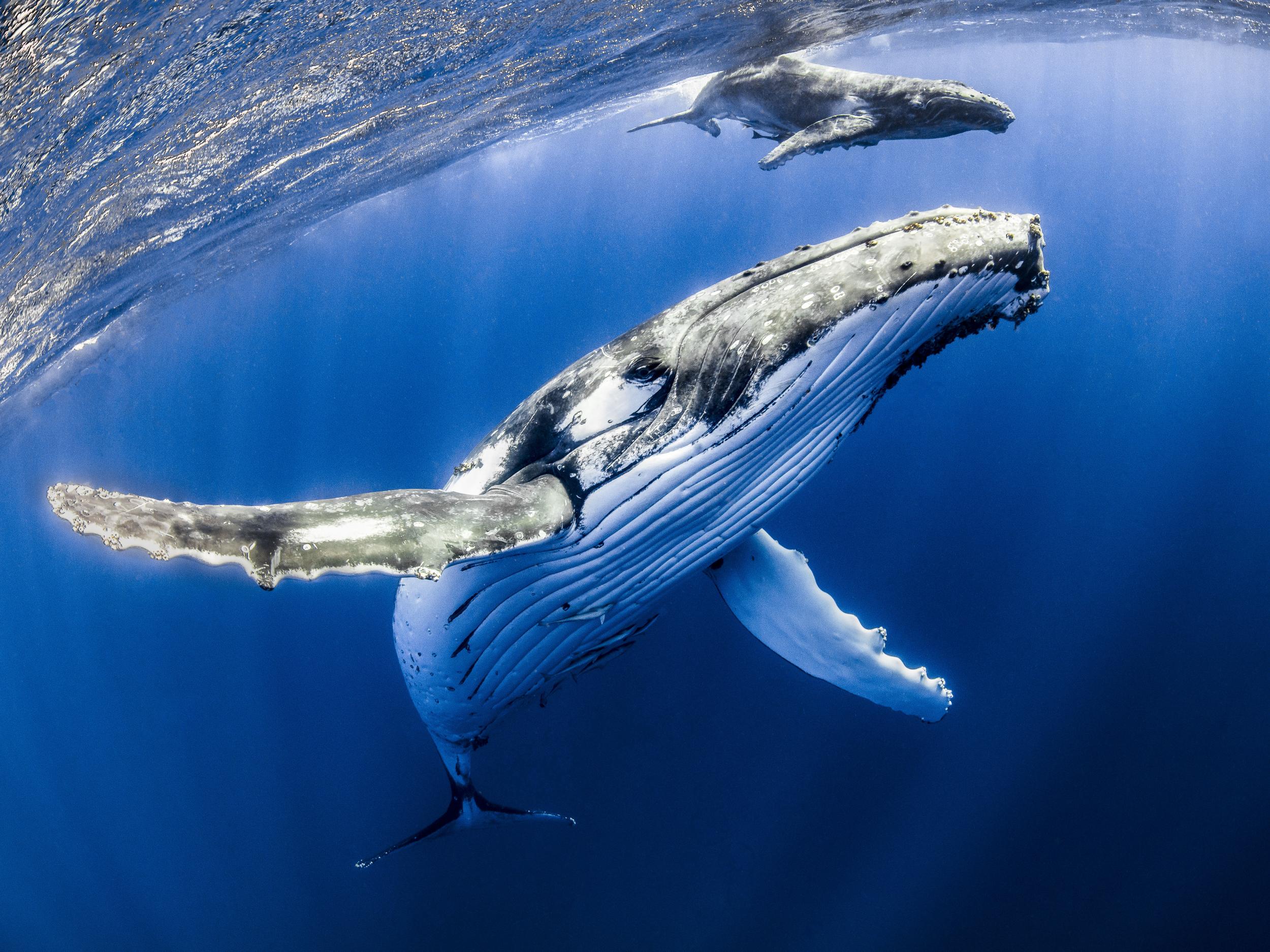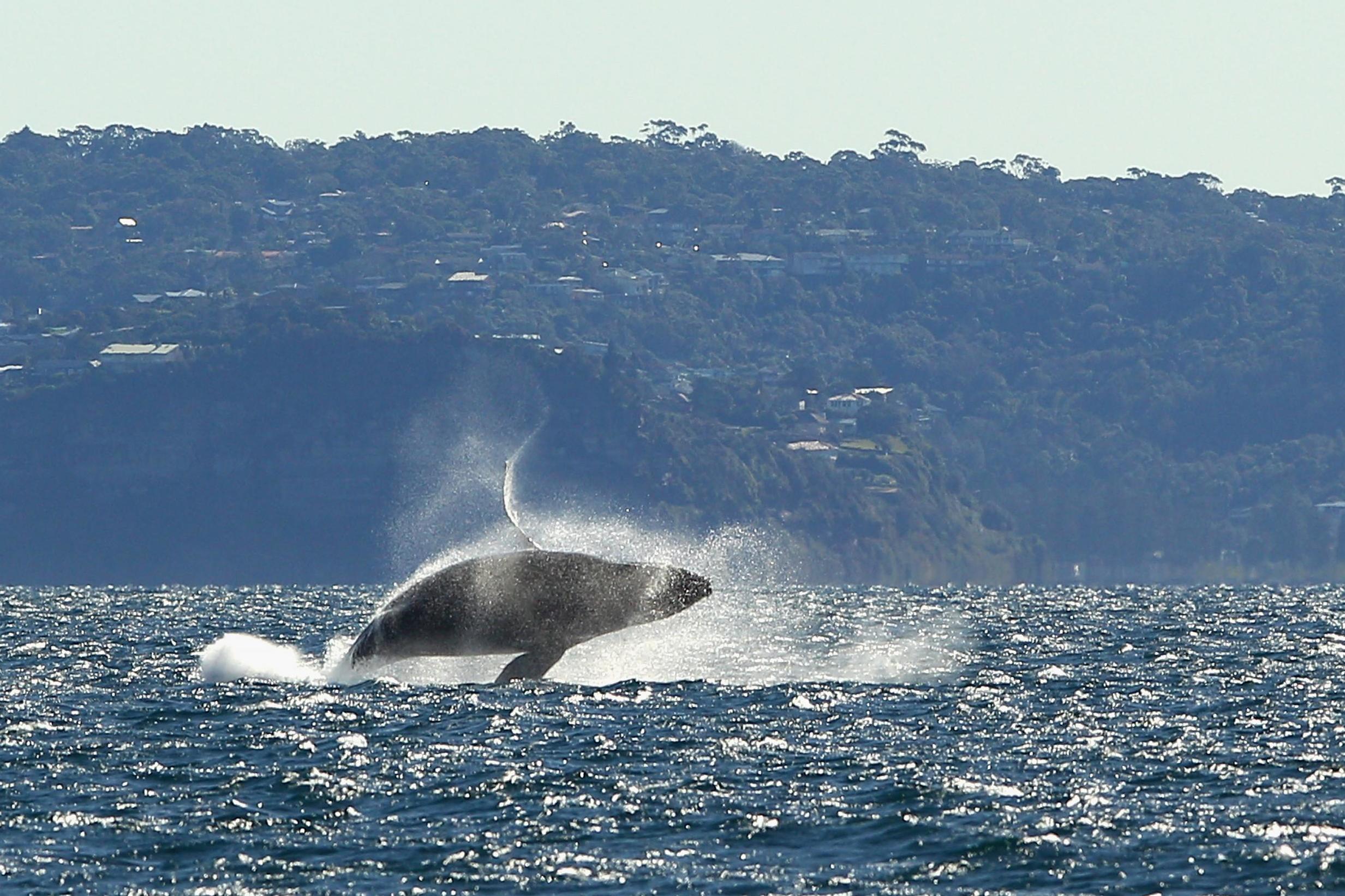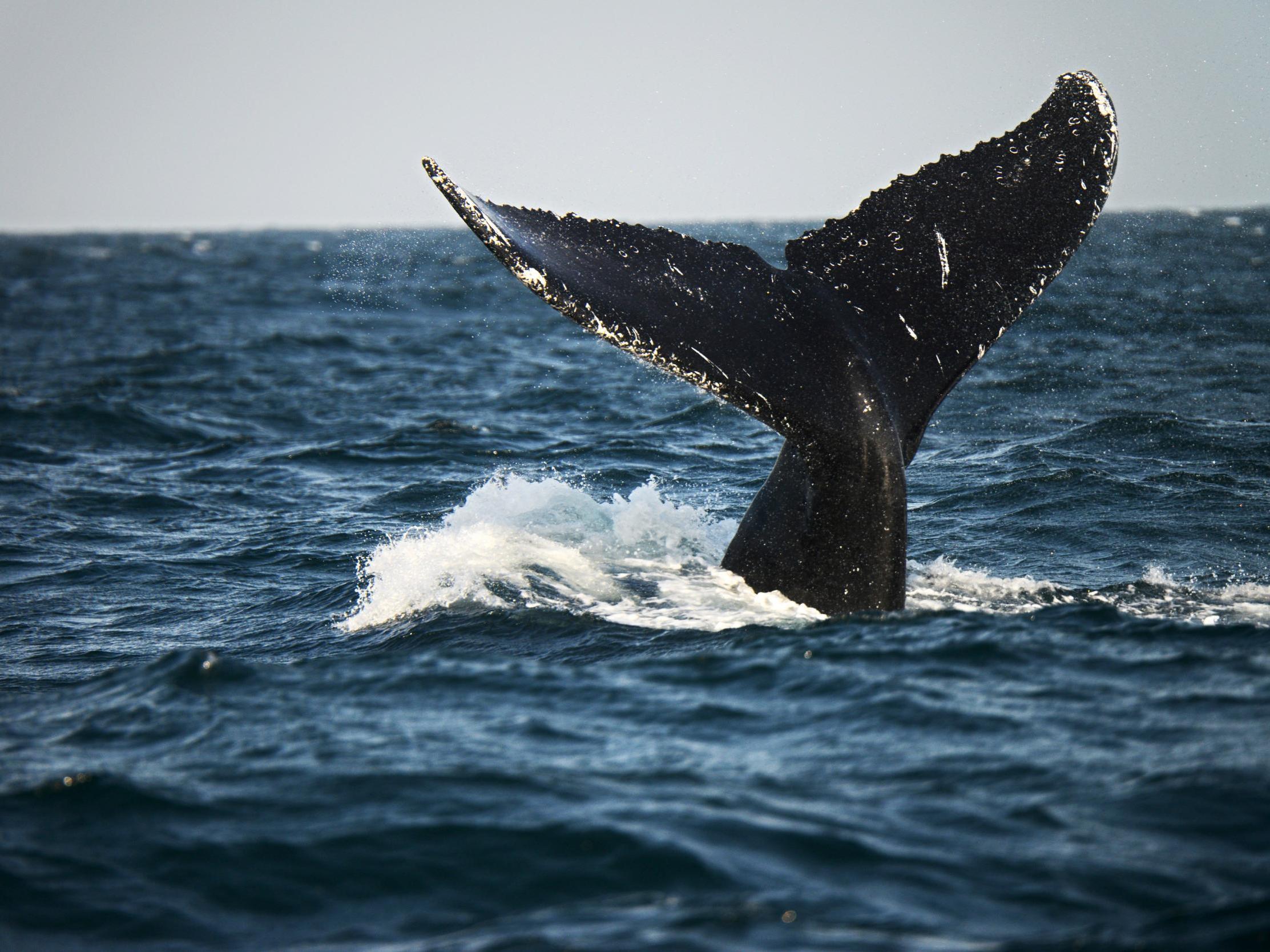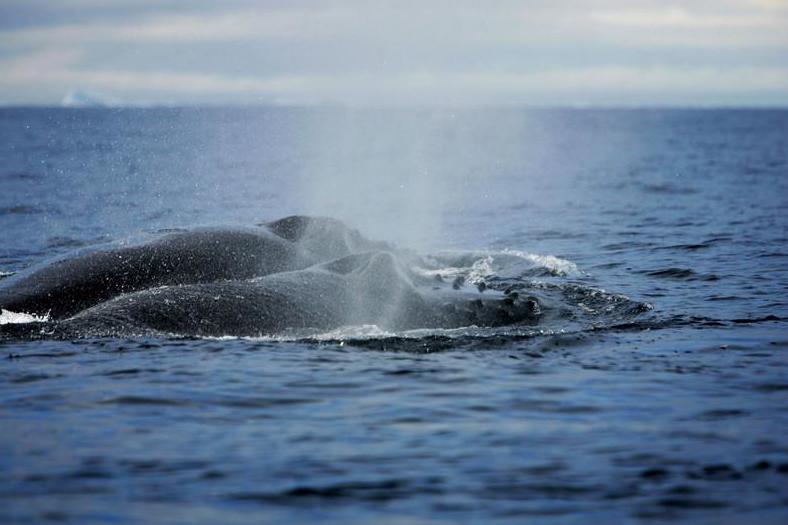Off the coast of New Zealand, humpback whales sing karaoke
Nearly 700 miles north of the New Zealand coast lies Raoul Island, where the whales meet to learn one another’s songs, finds Cara Giaimo

Your support helps us to tell the story
From reproductive rights to climate change to Big Tech, The Independent is on the ground when the story is developing. Whether it's investigating the financials of Elon Musk's pro-Trump PAC or producing our latest documentary, 'The A Word', which shines a light on the American women fighting for reproductive rights, we know how important it is to parse out the facts from the messaging.
At such a critical moment in US history, we need reporters on the ground. Your donation allows us to keep sending journalists to speak to both sides of the story.
The Independent is trusted by Americans across the entire political spectrum. And unlike many other quality news outlets, we choose not to lock Americans out of our reporting and analysis with paywalls. We believe quality journalism should be available to everyone, paid for by those who can afford it.
Your support makes all the difference.Humpback whales spend the summer in cold, high-latitude feeding areas. In the winter, when it’s time to mate, they return to the exact tropical spot where they were born. And when they get there, the males sing a tune common to that breeding ground, almost as if it’s a local jingle or a college fight song.
But a study published in Royal Society Open Science reports there’s at least one place where whales mix it up: Raoul Island, nearly 700 miles off the northeast coast of New Zealand. Humpback whales from the South Pacific tend to stop there for a few days on their way from various breeding grounds in places like Tonga and New Caledonia to their feeding ground near Antarctica.
While they’re hanging out near Raoul Island, they do something researchers hadn’t seen: whales from each breeding ground share their songs and learn one another’s. In other words, it’s a humpback karaoke spot.
The music made by male humpback whales is rich and haunting, mixing disparate pitches and textures. These sounds are an object of fascination for experts and laypeople alike, and they have been the subject of at least one best-selling album. Researchers aren’t entirely sure why whales sing, although most agree that it has something to do with courtship. (Female humpbacks, which make interesting sounds of their own, seem to take the songs into account when choosing mates.)
The more people study humpback music, the more mysteries arise. For instance, although the male whales at a particular breeding ground all sing the same song, the songs themselves change from year to year, incorporating new elements and phrases.

After decades of analysing the singing of South Pacific whales – one of 14 known humpback populations – scientists from the South Pacific Whale Research Consortium noticed that the whales were remixing their songs to incorporate music associated with other breeding grounds.
“The song we hear in whales in New Caledonia this year – next year we’ll hear elements of that song in the whales in Tonga,” says Rochelle Constantine, a professor at the University of Auckland and an author of the paper. “It moves from west to east.”
The researchers wonder: where were the whales picking up these new tunes? Humpbacks don’t visit each other’s breeding grounds. And the feeding grounds, where whales from the South Pacific population are all together, are largely silent. “It’s not the month to be singing,” Constantine says. “They’re busy.”

Raoul Island, a volcanically active landmass half the size of Manhattan, is not an obvious place for a whale party. But over the past decade or so, Constantine says, Department of Conservation rangers posted there had noticed humpbacks aggregating in September and October. “Instead of just swimming in a straight line down to the feeding grounds, which is the fastest point from A to B, they will come out of their way” to spend time at the island, Constantine says.
In 2015, she and some colleagues travelled there to figure out what they were up to.
When the researchers lowered a hydrophone, or underwater microphone, into the water, they were “quite surprised at how much song we heard,” Constantine says. The singing – which the researchers could also hear through the hulls of their boats – was not quite as loud or lusty as it generally is at the breeding grounds. But at any given moment, there was almost always at least one whale performing.
Acoustic analysis of the songs told the researchers that the singing whales were from a number of different breeding grounds, a conclusion bolstered by photo identification as well as later genetic testing. They even recorded a humpback singing two different songs, perhaps in the process of learning.

Although the sample size is small – only a few dozen whales were recorded – the authors have “clearly demonstrated a location where the cultural transmission of song may occur”, says Melinda Rekdahl, a scientist for the Wildlife Conservation Society, who was not involved with the research. She says that questions remain, including why songs seem to move from west to east.
But one piece of the puzzle seems to have been placed. “The great mystery for us was: where’s the place where they share the song?” Constantine says. “And we found it!”
© New York Times
Join our commenting forum
Join thought-provoking conversations, follow other Independent readers and see their replies
Comments